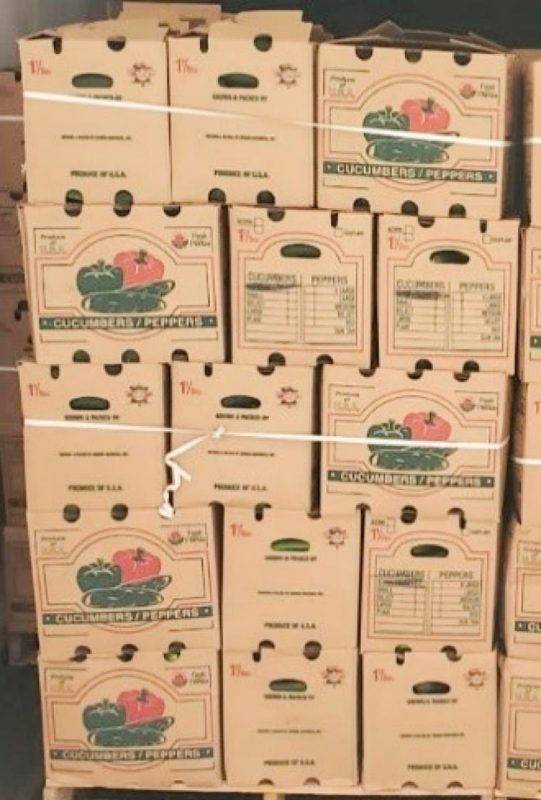The recent recall of cucumbers shipped to 14 states due to salmonella concerns has once again raised food safety alarms across the country. This incident highlights the potential risks associated with contaminated produce and underscores the importance of stringent quality control measures in the food supply chain.
Salmonella is a type of bacteria that can cause foodborne illness in humans when consumed through contaminated food products. Symptoms of salmonella infection include diarrhea, abdominal cramps, and fever, and in severe cases, it can lead to hospitalization and even death. As such, any potential contamination of food products with salmonella must be treated with utmost seriousness to prevent widespread outbreaks and protect public health.
The recall of the cucumbers in question was initiated after routine testing conducted by the Food and Drug Administration (FDA) detected the presence of salmonella in a sample of the product. The affected cucumbers were distributed to various grocery stores and supermarkets in 14 states, prompting a swift recall to remove the contaminated produce from the market and prevent potential exposure to consumers.
In response to the recall, health authorities have advised consumers who may have purchased the recalled cucumbers to discard them immediately or return them to the place of purchase for a refund. Additionally, consumers are urged to thoroughly wash and sanitize any surfaces or utensils that may have come into contact with the affected cucumbers to prevent cross-contamination.
Food safety regulations and oversight play a crucial role in safeguarding the public from the risks posed by contaminated food products. The incident involving the recalled cucumbers serves as a sobering reminder of the need for robust quality control measures, strict adherence to sanitation protocols, and prompt action in the event of potential contamination to mitigate the spread of foodborne illnesses.
Moving forward, it is essential for food producers, distributors, and retailers to prioritize food safety at every stage of the supply chain. This includes implementing rigorous testing procedures, maintaining clean and hygienic processing facilities, and promptly addressing any issues that may compromise the safety of food products.
While recalls such as the one affecting the cucumbers can be disruptive and concerning, they underscore the commitment of regulatory agencies and food industry stakeholders to prioritize consumer safety above all else. By remaining vigilant, proactive, and transparent in their efforts to ensure food safety, stakeholders can help prevent future incidents of contamination and protect the health and well-being of consumers nationwide.






















